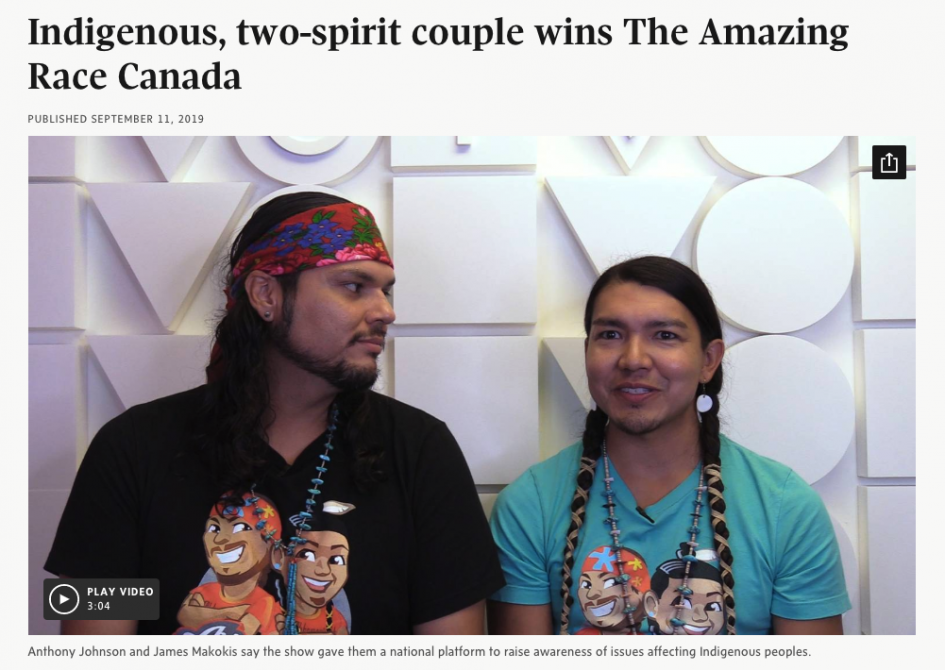Clay Little Indigenous & Cultural Facilitator: clittle@capilanou.ca
Elder Rose Nahanee is in Kéxwusm-áyakn (Kay-way-ossum-eye-o-cane) every Monday 11.30-1pm.
United Nations Declaration on the Rights of Indigenous Peoples
Reconciliation content at the library
Reconciliation (Government of Canada)
Watch The Road Forward: a 2017 musical documentary directed by Marie Clements. It documents Indigenous rights in Canada from the 1930s to now.
17 Beautiful Indigenous Comics And Video Games
City of Vancouver Dialogues Project
The First Peoples’ Cultural Council
Where are the children exhibit?
The residential School Museum at UBC
CBC on BC’s missing and murdered women
Missing and murdered women stats
Cultural appropriation (SFU)
First Peoples’ Cultural Council
The Squamish and Lil’wat Nations Cultural Centre
Some BC history lowlights
1875: The Dominion government passes an order in council recommending that the BC government allot 80 acres of land to every Indian family of five persons. BC refuses, asserting that not more than 20 acres of land are required for each Indian family. A revised BC Land Act is passed, setting the 20-acre Indian reserve formula while providing 160-acre land grants for individual settlers free of charge.
1913: Construction of the Canadian National Railway causes major landslides in the Fraser Canyon at Hells Gate, blocking the Fraser River salmon run and decimating the fishery. In spite of Indigenous protests and petitions, federal government officials heavily restrict Indigenous fisheries in the area, further undermining Indigenous livelihoods and economies.
1921: Indian Agent/Justice of the Peace William Halliday and the RCMP stage a major raid on a Kwakwaka’wakw potlatch at Mamlillikulla (Village Island), arresting 49 people and confiscating all regalia, masks and other sacred items. Twenty-six people are incarcerated and the confiscated items are sold to public and private collections throughout Canada and the United States. The Kwakwaka’wakw join the Allied Tribes.
1927: Canada amends the Indian Act to make it illegal to obtain funds or legal counsel to advance Aboriginal Title cases. This ends the Allied Tribes’ hope of having a case heard at the Privy Council in London and the Allied Tribes dissolves. Indigenous resistance goes underground.
1953: The BC Kemano Hydroelectric project dams the Nechako River to power an aluminum smelter in Kitimat. The resulting Nechako reservoir floods Dakelh (Carrier) territories, particularly those of the Cheslatta people. With little or no warning, the Cheslatta are forced to flee the rising waters and watch as their community’s hunting grounds, traplines, and burial sites disappear.
1968: After generations of petitioning and lobbying British, BC and Canadian governments, the Nisga’a turn to Canadian courts, seeking legal recognition that Nisga’a title to their territory has never been extinguished and still remains with the Nisga’a people. BC courts rule that Aboriginal Title never existed based on the belief that at the time of colonization, the Nisga’a were primitive people with few notions of civilized society and private property. The Nisga’a take their case, Calder v. Attorney General of BC, to the Supreme Court of Canada.
1975: The Vancouver media declares an “Indian Summer” as Indigenous resistance to government policies continues in rallies, marches, blockades and sit-ins throughout BC, including a highway blockade in St’at’imc’ territory and a Nisga’a demonstration against CN Rail surveyors.
1983: The Haida submit a Comprehensive Claim. As the Haida await negotiation, BC authorizes logging in Haida Gwaii. The Haida block access to Gwaii Hanaas (Lyell Island), declaring it a Haida heritage site and seek an injunction to stop all logging until their Comprehensive Claim is settled. BC argues that Aboriginal Title, if it did exist at all, has been extinguished. The injunction is granted and Gwaii Haanas is designated a Canadian national park.
1998: Canada selects Vancouver-Whistler (Salish-St’at’imc territories) as Canada’s nominee to host the 2010 Olympic Winter Games. Developers prepare a number of ski resort proposals for these territories.
2000: The Nisga’a Final Agreement becomes Canadian law. The Nisga’a surrender 92 percent of their territory in exchange for expanded reserve lands and $190 million cash. The Nisga’a Lisims government is subject to provincial and federal laws. Nisga’a living in the settlement lands will be subject to BC, Canada, and Lisims taxation.
Some pearls of wisdom from David Geary:
A Two Spirited Indigenous couple won Canada’s Amazing Race reality TV show. One is a Doctor, the other a Project Consultant. We very rarely see Two Spirited people in the mainstream media, and this couple have done a lot to give a positive representation of Indigenous and Two Spirit/Indigiqueer identities. Such shows (Queer Eye For the Straight Guy and RuPaul’s Drag Race) bring positive attention to diversity of many sorts. They may not be considered high art, but they’re definitely part of the popular media landscape. (Last week I did a Pecha Kucha on Reality TV/Factual/Soft Scripting to try to prove the importance of this genre. Yes, many people slag it off, but if you think it’s not important then look at . Would the President of the USA have won the election without the name recognition that The Apprentice gave him? Here’s a link to the Amazing Race winners.
Check out the work of Harlan Pruden and his Two Spirit Journal. (How gender, sexuality and identity are constructed in different cultures…)
| Harlan Pruden, Author at Two Spirit Journal(Portland, Or) Northwest Portland Area Indian Health Board (NPAIHB) announces the release of “There’s Heart Here”, a short documentary that follows Two Spirit and LGBTQ individuals as they journey toward self-acceptance, supportive healthcare, and communities that celebrate them.twospiritjournal.com |
Adam Garnet Jones feature film FIRE SONG.
| Adam Garnet Jones Adam Garnet Jones Fire Song (Film)FIRE SONG, written and directed by Adam Garnet Jones *World Premiere at TIFF* Cast: Andrew Martin, Harley Legarde-Beacham, Jennifer Podemski, Mary Galloway, Brendt Diabo, Ma Nee Chacaby Produced by: PJ Thornton, Adam Garnet Jones, Laura J. Milliken, and Miwww.adamgarnetjones.com |

Leave a Reply